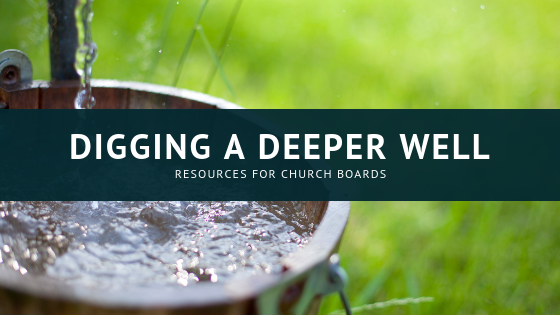One of the summer’s notable news events was the death of American author and Nobel Laureate Toni Morrison. Reflecting on Morrison’s legacy for the New York Times, American poet and recent U.S. Poet Laureate Tracy K Smith observed:
It’s hard, waking up so often to news of the terror unspooling in America. Domestic terrorism. Racially motivated violence. Environmental devastation. Economic instability. It’s tempting to believe that a distinct chapter has only just now begun, one in which some new evil has been unleashed and our national work will be to devise new terms and new tools for understanding and eradicating it. It’s tempting to believe that the work that lies ahead must live on a policy level, in laws and punishment, checks and safeguards.
But the living monument of Ms. Morrison’s body of work assures me that the language of peace, justice, safety and stability must enter our imagination as they always have — not through the language of policy, but via our willingness to regard one another as worthy of attention and love. Such ideas must be sat with, moved through, married to our vocabularies for love, desire, loss, resentment, remembering, healing and hope.
- What would it look like to approach church board meetings as Smith suggests above — not through the language of policy, but via our willingness to regard one another as worthy of attention and love? What would be gained or lost?
- What is the vocabulary you exercise in your church board meetings? If you did a word cloud or other analysis of your meeting transcripts, what 4-5 words would dominate?
- How much do the vocabularies of your church board life and your faith life overlap? 5%, 10%, 50%? What is the implication in your “percentage” for how you do your work together and what you accomplish?
Colossians 3:16-17 says:
“Let the word of Christ dwell in you richly; teach and admonish one another in all wisdom; and with gratitude in your hearts sing psalms, hymns, and spiritual songs to God. And whatever you do, in word or deed, do everything in the name of the Lord Jesus, giving thanks to God the Father through him.”
- It might be helpful as a board to discuss how these words are used (or not used) in your work together: teach, admonish, wisdom, gratitude.
- Likewise, what does it mean specifically — for the personnel report or the discussion about church worship times or Sunday school classes or a new mission project — that in “whatever you do, in word or deed, do everything in the name of the Lord Jesus, giving thanks to God?”








No Comments